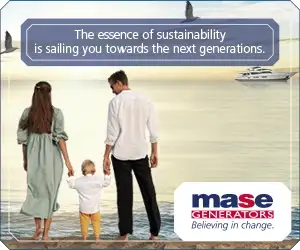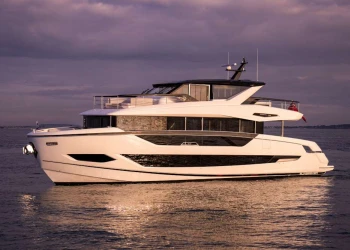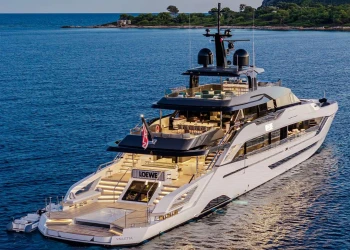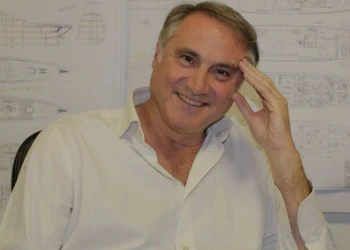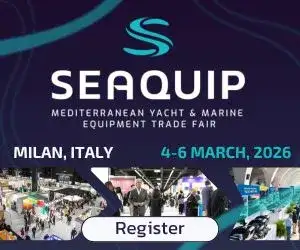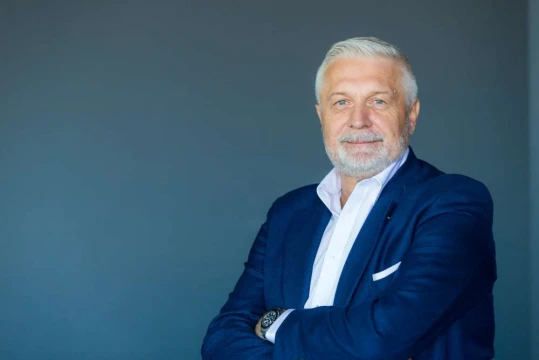
Piero Formenti, President of Confindustria Nautica
Formenti: Italian boating must become a cohesive and sustainable system
PressMare exclusively interviewed Piero Formenti, recently elected President of Confindustria Nautica. He is the first president to come from the small boating sector, yet he immediately embraced a broadly industrial, inclusive vision for the industry. After 17 years of involvement in the Association and extensive experience at the European level with EBI – European Boating Industry, the federation representing the recreational boating industry’s interests within the EU institutions – Formenti takes the baton from Saverio Cecchi at a pivotal moment for the Italian nautical supply chain.
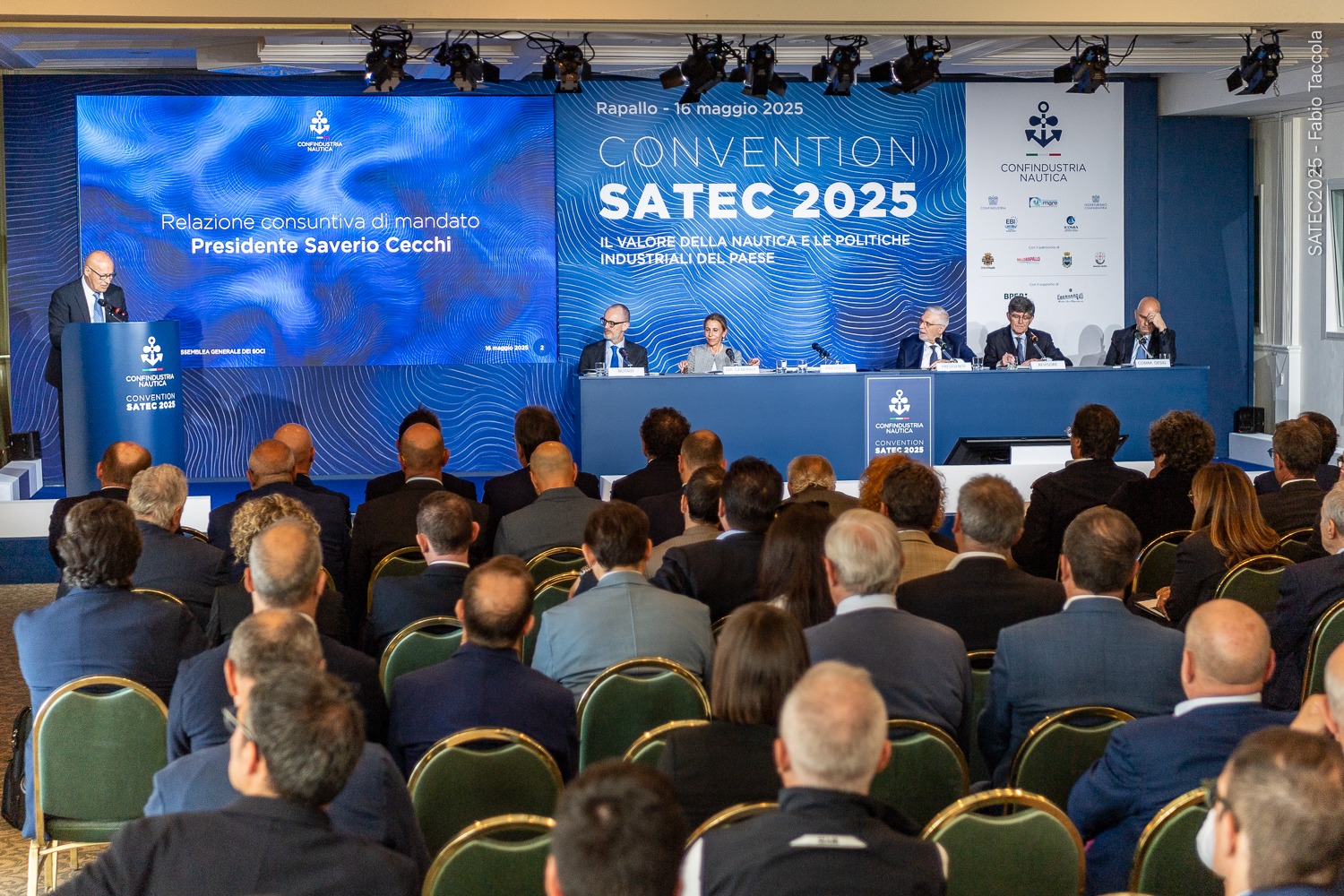
His election marks the beginning of a mandate aimed at strengthening internal participation, promoting ethics and rule-compliance as hallmarks in the market, and fostering unity of purpose among all branches of the sector: shipbuilding, components, services, marinas, and charters. It is a vision that puts the entire supply chain at the center, acknowledging the driving force of the large industry and touching on strategic issues such as training, sustainability, internationalization, and the systemic value of the Genoa Boat Show.
The Elective Assembly in Rapallo, which appointed him, was a show of strength, unity, and vision—strikingly different from the many often self-congratulatory events that crowd the calendar. Not because of the number of companies participating in the two-day event, which exceeded 300, nor the strong attention from politics and public and Confindustria institutions in attendance—plentiful as they were.
But because of the analytical ability displayed, the development of concrete policies for the sector, the dialogue with top public decision-makers (highlighted by the screening of speeches by Giorgia Meloni at the 2023 Genoa Boat Show and the 2024 Members’ Assembly), and last but not least, the excellence represented by the Association’s structure, which Director General Marina Stella called to receive a round of applause from members.
In this exclusive interview with PressMare, Formenti outlines his priorities, his method of teamwork-driven leadership, and the most urgent challenges facing Italian yachting in the coming years.
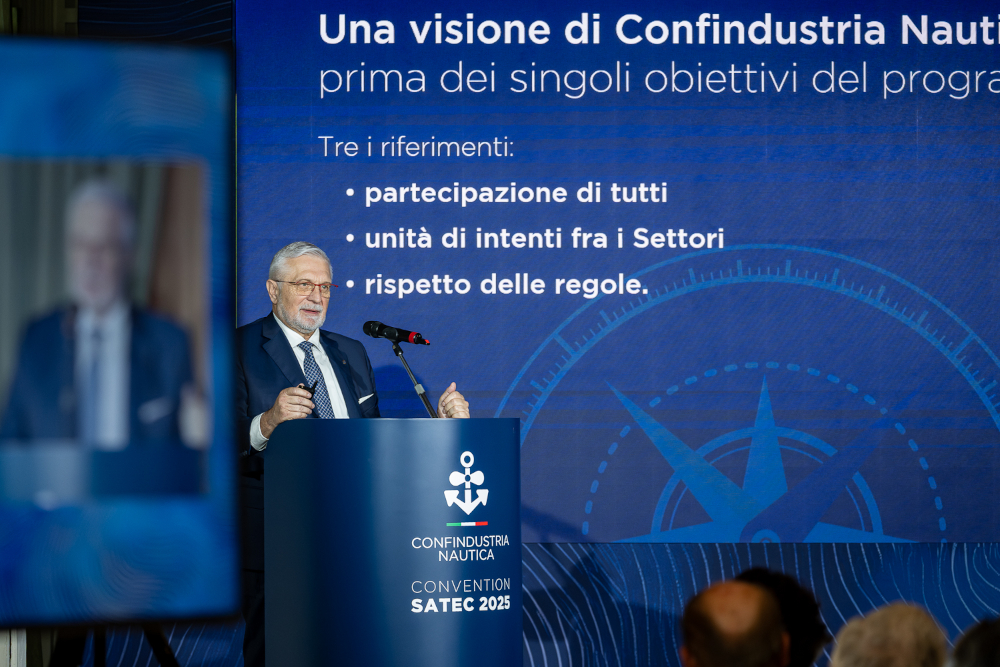
Piero Formenti during his inaugural address as President of Confindustria Nautica
PressMare - Formenti, you are the first president elected from the small boating sector: a strong sign of inclusion, especially in a historical moment when small boating seems to be the most affected by market conditions. How can unity between small and large industries be concretely achieved?
Piero Formenti - The unity between large and small boatbuilding sectors is a fact, for the very reason you mentioned: the election of the first-ever president from the latter. The superyacht industry is a driving force for the entire sector, and at the same time, all components of the supply chain—engines, accessories, ports, services and brokerage, rental and leasing, sales networks—are essential links in a chain that cannot be separated. This must be common ground for everyone and is the foundation of the message I brought to our members.
PM - President, one of the pillars in your inaugural speech was “broad participation.” How do you plan to encourage greater involvement from smaller or less-represented companies within Confindustria Nautica?
PF - Representing the entire boating supply chain, with 9 sector Assemblies and Councils that form the structure of the Association, is a unique value that only Confindustria Nautica possesses. These are the tools for widespread participation, through which any company can contribute to our association’s policies, starting with the 2025-29 Nautical Plan to present to the Government.
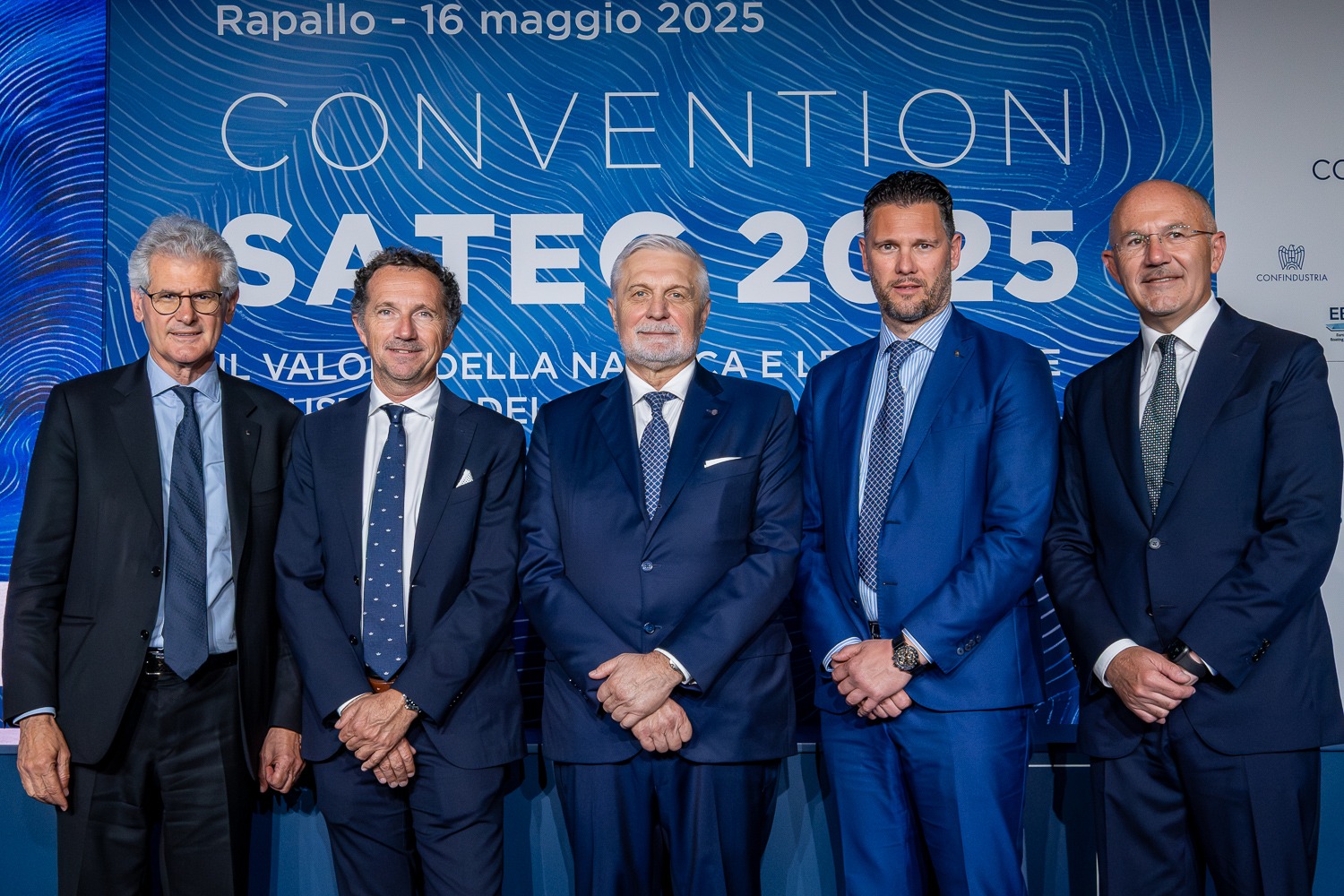
PM - You clearly spoke about commercial ethics and respect for the rules as distinctive traits of Confindustria Nautica. What concrete actions do you intend to promote to combat unfair competition?
PF - Confindustria Nautica has entry filters, which, if I may say, are one of our unique characteristics. Other controls include the strict regulations for exhibiting at the Genoa International Boat Show, also a unique feature. From there, we must assert even more decisively, including with regulatory proposals, that ethics and fair competition must be a national goal—even beyond our sector.
PM - Do you believe the market already perceives membership in Confindustria Nautica as a “quality certification”?
PF - I believe so. Of course, there will always be those who settle for the lowest price, without asking whether the product is made with undeclared labor, tax evasion, or non-CE certified materials, all of which we unfortunately still see. That’s why I call on the relevant authorities to reduce excessive and recurring checks on boaters and instead focus on the market’s grey areas.
PM - You mentioned the need to promote the entire supply chain. Can you give us a preview of promotional initiatives for engines, components, ports, and charters?
PF - In line with the program and what I just mentioned, it will primarily be up to the members, through the sector Assemblies, to present their needs and possibly proposals.
PM - Your mandate continues the work done internationally as well. What will be your priorities in relations with EBI, ICOMIA, and EU institutions?
PF - We have historically had a strong presence, and we aim to strengthen it further, as the international context demands. Thanks to the increased weight of the large shipbuilding sector, Italy is being looked at differently. I believe this requires a proper level of responsibility and involvement.
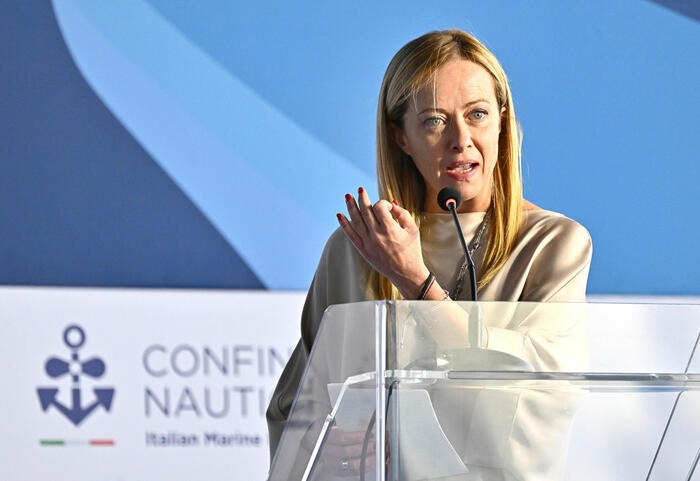
PM - How do you assess the level of attention that Italian institutions pay to recreational boating today? What tools do you plan to strengthen to increase the sector’s political weight?
PF - I inherit great attention from the Prime Minister’s Office and certain Ministries, as well as key agencies like the Customs Authority. But the first point of the Nautical Plan is spreading awareness of the sector’s value at all levels of all administrations. Cassa Depositi e Prestiti recently released a report, picked up by Il Sole 24 Ore, showing that all of Italy’s shipbuilding exports total 9.1 billion euros, of which 47% comes from recreational boats and yachts. I doubt many people, even in Parliament, are aware of that. I also hope to break what I must call the deafening silence from the Revenue Agency regarding yacht leasing. I don’t know if Minister Giorgetti and Deputy Minister Leo have been informed that the regulatory change that weakened it has cost the Treasury millions in VAT lost to other EU countries.
PM - Can you preview some of the strategic milestones that you consider key for the 2025–2029 Nautical Plan?
PF - There are six, forming the backbone of the Plan, whose contents will be defined by our members. In addition to spreading awareness of the nautical sector’s industrial, economic, and employment value and its tourism-related impacts, key themes include technical training and a maritime culture. I note that U.S. and U.K. companies lost market share due to a shortage of skilled marine labor, which is why I appointed a specific Vice President for this area. Then comes a key operational prerequisite for any company: regulatory simplification tied to fiscal competitiveness, followed by technological innovation and transition—but both must be sustainable for businesses. Lastly, internationalization tied to market surveillance.
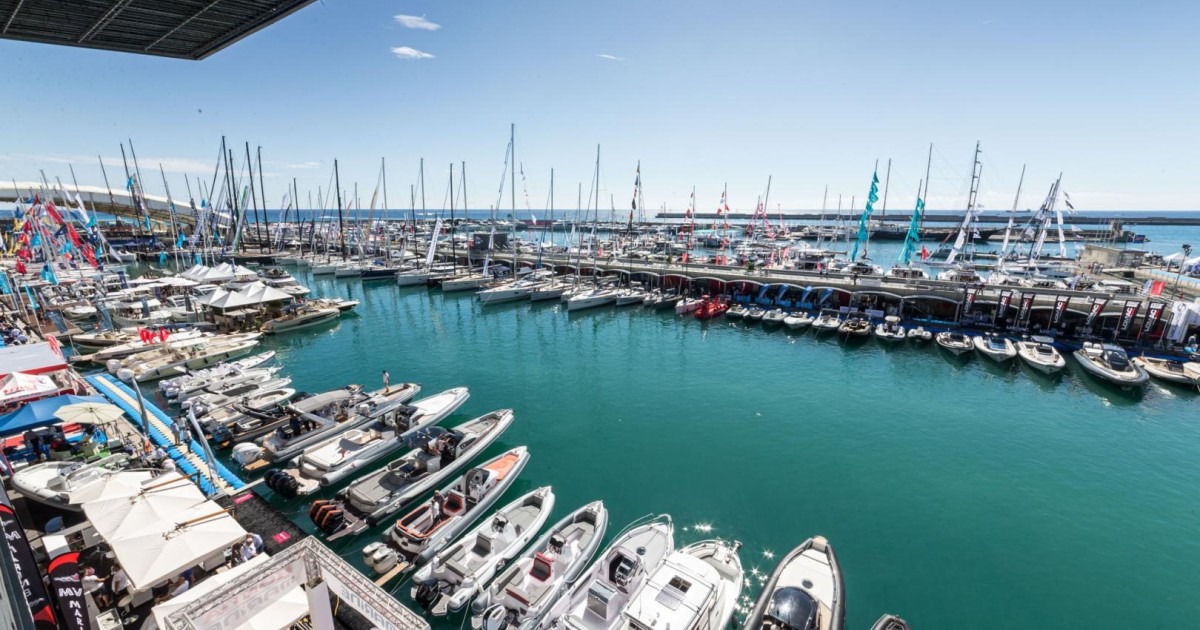
PM - You described the Genoa Boat Show as a “shared association value.” How do you envision its evolution in the coming years?
PF - In recent years, we have worked—and want to continue working—toward a Show that serves as a benchmark for units up to 40 meters, also representing the entire supply chain of components, services, ports, and related activities. The renewal of the infrastructure, the city’s openness, and fast connections with Milan, which I hope will be available by 2026, are all steps in that direction. I trust the new local political leadership will continue to recognize the Show’s strategic value for the region.
PM - What role will regional boat shows play in the new promotional setup? Will there be better coordination between local and national events?
PF - Through a system of sponsorships, a unified calendar that avoids overlapping events, and a shared press presentation during the Genoa Boat Show, I believe we’ve provided regional shows with a common home for discussion, promotion, and coordination. It’s a topic I’ve long championed as Vice President. This approach must be further implemented and structured with a true system vision.
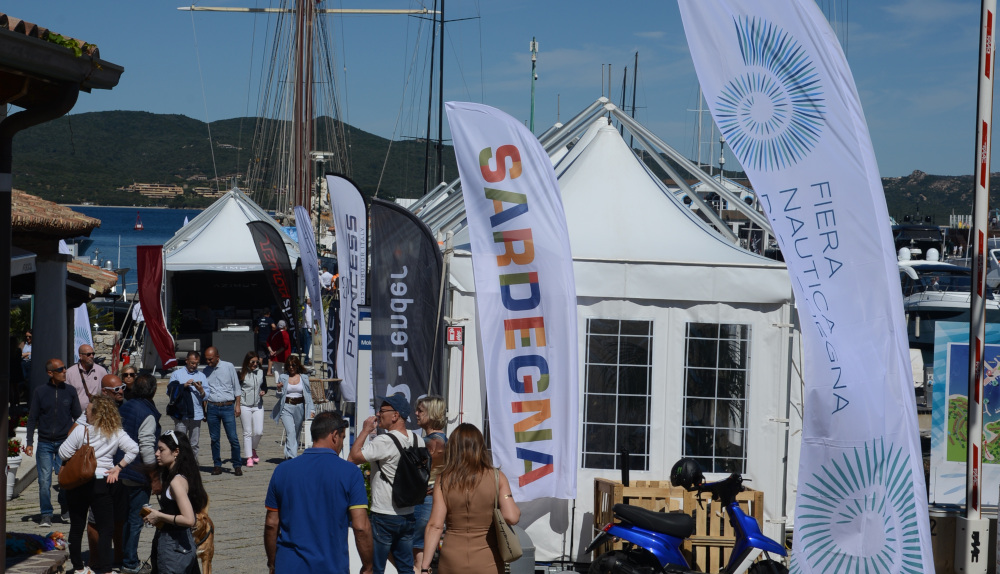
PM - The agreement with RINA for ESG measurement is a concrete tool. What are the short-term goals of this project, and how will it be supported by the Association’s structure?
PF - Few realize it, but ESG issues—even indirectly, such as those involving suppliers—are increasingly entering the processes of SMEs. It is the duty of a trade association to help businesses, especially less equipped ones, adapt. The agreement with RINA is important because they are the only ones to have developed specific indicators for the nautical sector.
PM - Is there a collaboration project with technical schools, ITS, or universities to guide young people toward nautical professions?
PF - Precisely for these purposes, I appointed a Vice President responsible for training and maritime culture, who also has specific experience in this field. Regarding orientation, we have started a collaboration with Sviluppo Lavoro Italia so they can be our voice in schools and among students.
PM - You concluded your speech by saying: “Now is the time for courageous and innovative choices.” What, in your view, is the first “courageous” decision that Confindustria Nautica should take?
PF – The first has already been made, through a profound renewal of the leadership. This is by no means a judgment on the past, to which I express my full recognition, but rather the opening of the road to new ideas, contributions, and experiences.
©PressMare - All rights reserved

